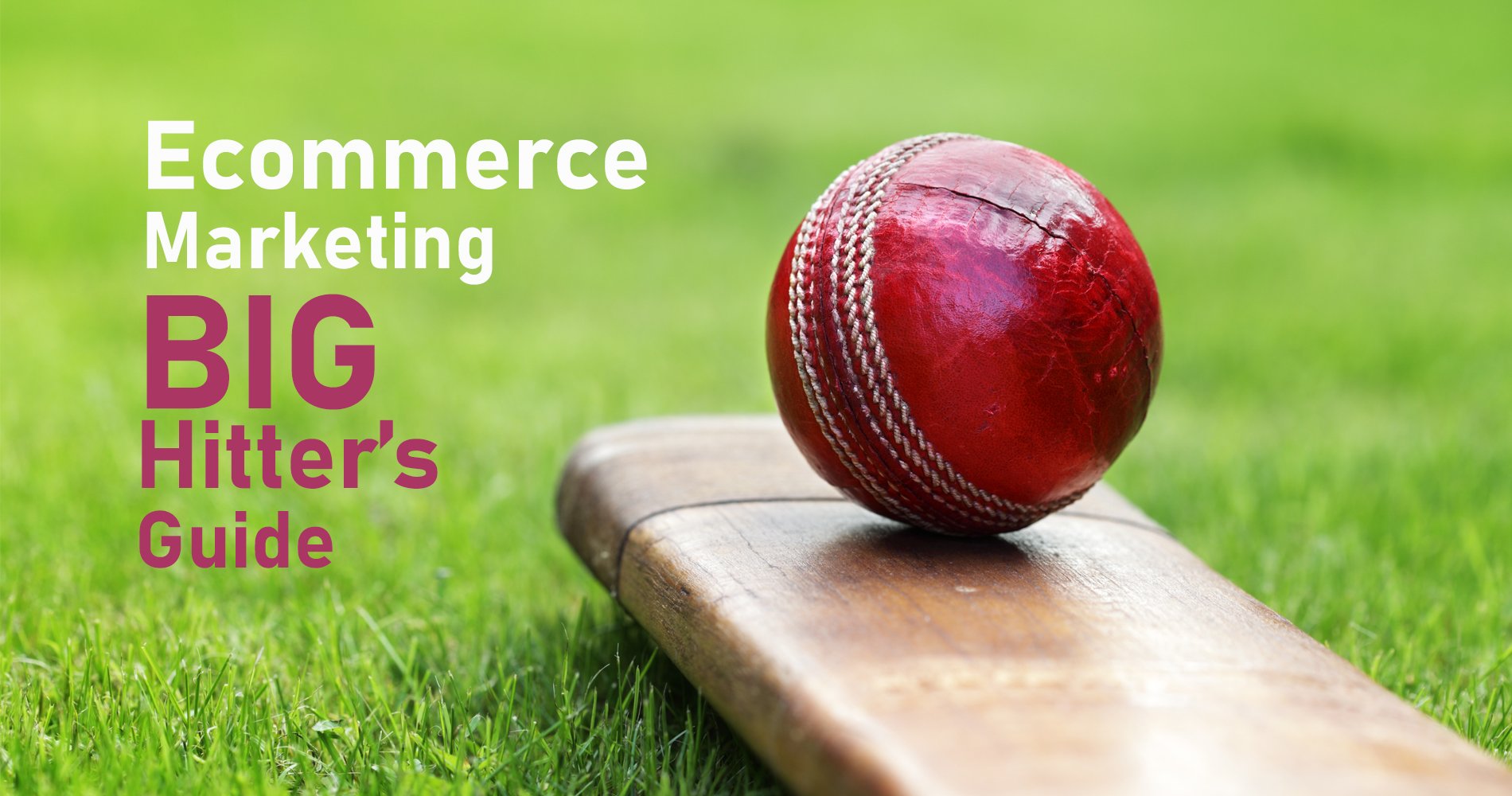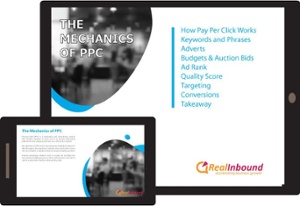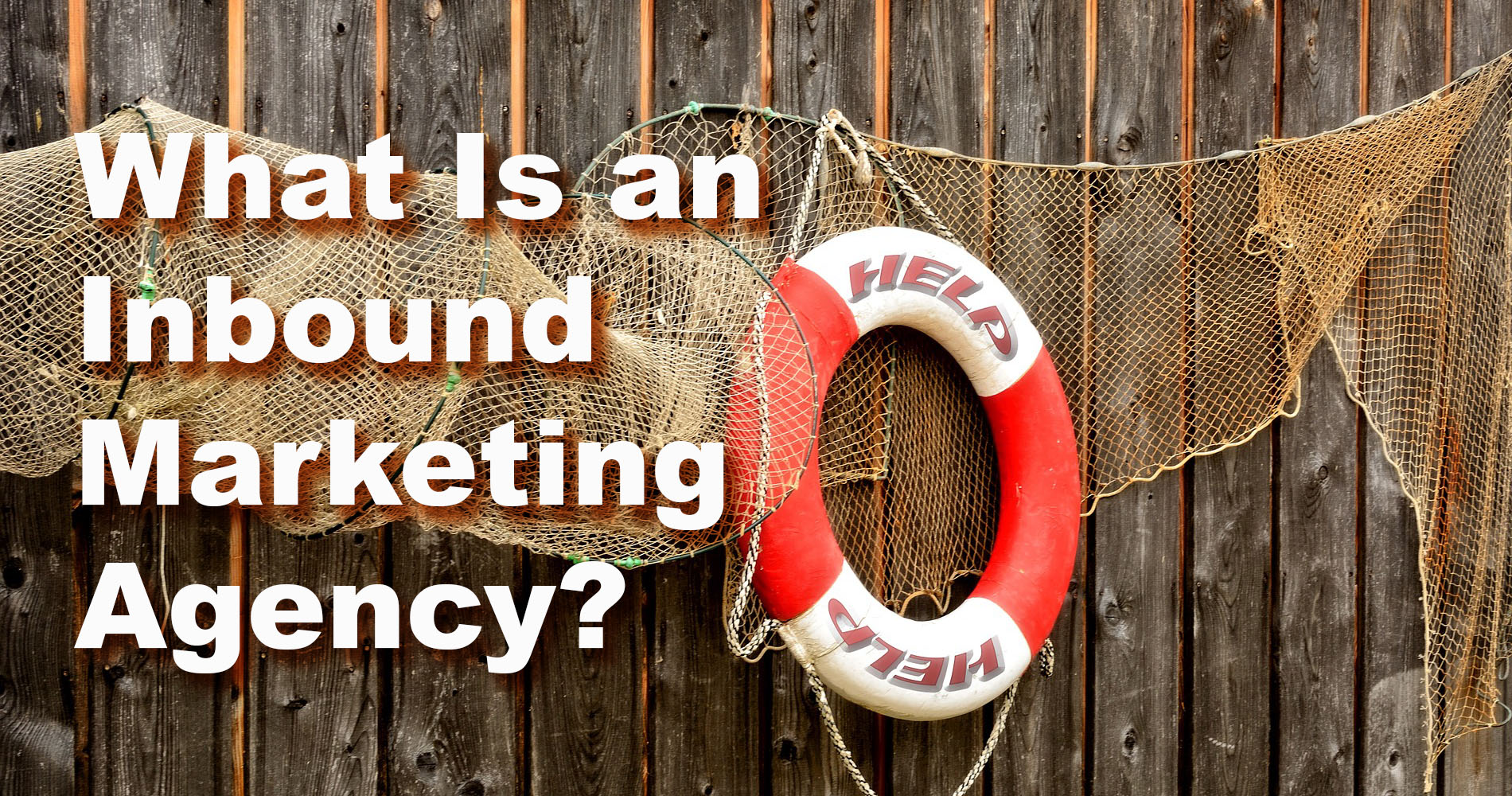There seems to be a common confusion around the various methods of digital marketing used to promote a product or service. eCommerce marketing is one such method (or group of tactics). But how does it differ from any other form of digital marketing?
While digital marketing and eCommerce are thought to be separate entities, they complement each other quite well. In fact to many they in fact ine and the same under a different name. In modern-day marketing and advertising, both of these fields have now been combined to encourage participation between a consumer's online and IRL (in real life) activity in situations that favour engagement and sales growth whether it be daily newspapers or even 2-way communication infrastructure.
The following eCommerce marketing guide explains the various channels your business can use for marketing.
eCommerce marketing
Businesses that provide their goods and/or services online are at a significant advantage over brick-and-mortar shops. The fact that commerce can be facilitated through the internet means that some advantages of brick-and-mortar stores – namely locality and convenience – can be leveraged by online stores. At the same time, marketing to customers who have unique needs on the internet means that an eCommerce business should approach its marketing efforts differently from how it might if it were only selling in physical locations.
Let's review what eCommerce marketing truly is and the best way to execute a strategy of your own before we move on to eCommerce advertising and how advertising is related to eCommerce marketing.
Different types of Ecommerce Marketing
Here's a few prevalent marketing channels and how would employ them to develop an online store.
Social Media Marketing
The most common social networks are a great way for businesses, brands, and publishers to communicate with their audiences.
Certainly, eCommerce marketers can do this as well, although their campaigns will differ, and the social networks may not be appropriate for their purposes.
Your achievements on social media relies on the use of images to draw interest and traffic to your web pages. It's no wonder that e-commerce sites are highly visual - you have to highlight the products.
Adding shoppable content to your social media posts can enable visitors to purchase your products right away. This category includes everything from display ads strategically positioned within social feeds to tags that lead directly to shopping carts. They assist in removing friction from the selling process.
Content Marketing
Think you don't need content marketing if you're selling online? Think again. Content is king when it comes to your eCommerce website. If you can give customers what they want, you will rank higher and sell more products. In a nutshell, content marketing is a form of SEO that focuses on creating content that improves the search engine rankings of your website and answers questions related to your trade. Listed below are some methods you can use for content marketing.
Make Your Page Copy as Effective as Possible
Optimise product page content with keywords related to the product because a good eCommerce store should have items that anyone might be interested in searching for, including your potential customers. Products like your top-selling sunglasses will have multiple relevant search terms plugged into the vernacular by default, which may even result in domain name suggestions and other well-tailored options.
Writing Relevant Blog Posts
When writing posts online, it's important to stay on point with your topic. Therefore, a post about planning a wedding has to be relevant to planning a wedding and wedding dress shopping. If you stray away from the topic, you lose the interest of your potential customers. This is why it's so important to remember to stay on point and to write about what you know.
This can be a challenge when trying to relate to other people, but don't be afraid to be yourself and write about what you know.
Post Guest Articles on External Websites
(Often for free) Guest posts provide exposure for your products to relevant audiences. Having a guest post on your eCommerce site will also improve its domain authority, informing search engines you have a reputable business.
Create Product-Related YouTube Videos
YouTube ranks second only to Google when it comes to popularity among search engines. It also boasts over 1 billion registered users, and plenty of potential customers for your business. YouTube itself is a leading site on the web so before you create and share your marketing-related content - take a good long look at all of the videos that have already been created in that specific area; that way you can make sure what information you offer is accurate and helpful to them (even if it's not particularly focused on your product or service). Make sure you're checking out all of these other videos using highly searched keyword terms for stuff relevant to your industry because this will help drive results too!
Create A FAQ With Relevant Keywords on Your Website
If your customer base is requesting answers to questions along with responses that include keywords of interest, you can easily address the wants and needs of your customer base. On your website create a page on which you answer frequently asked questions related specifically to those “long-tail” keyword searches by tying them in with generic high-volume keywords like “how-to” or “where to” and then link to the page in your navigation bar or footer so that curious visitors can click through and find answers directly to their inquiries. Not only will these visitors be reminded why they are such loyal consumers of your brand, but also, you’ll garner more traffic for your site as well as an authority regarding some important queries for which customers were looking for –and therefore were ultimately engaged.
Search Engine Marketing
SEO (search engine optimisation) and paid search are both components of search engine marketing (SEM). With SEO, your goal is to optimise your content based on Google's ranking algorithmic formula, while with SEM, you may opt to run PPC (pay-per-click) campaigns, display campaigns, or product specific campaigns search engine results pages.
PPC campaigns are often used by eCommerce marketers to advertise their product pages. When a searcher clicks on a paid result, they are shown the business's products, which increases the likelihood that they will buy before leaving.
Email Marketing
Email is a communications app for sending messages between people using computers. You might be surprised to learn it still has uses today! For example, email marketing – is another name for sending digital messages to have interactions with potential customers. Many people hate emails because they worry about ‘spam’ and advertising mail that may arrive in their email box.
However, there are many businesses or companies with products or resources available who have started using an automation system that sends you an email receipt after the customer has purchased from the company’s website or clicked on the link in promotion offers so that the customer has something to hold on to and can view whenever they want even if they are not around when the message originally arrived at their computer.
Influencer Marketing
Influencer marketing aims to persuade your target audience through people or brands. Typically, the term refers to Instagram accounts with more than a 1000 followers, but it can also refer to a famous person or group that your target audience follows.
People who are influential build communities that they know, trust, and like. Because of this, they can easily gain attention for your online product through the placement of a sponsored post.
Affiliate Marketing
Ecommerce websites are a smart choice for affiliate marketing. Over 80% of brands use affiliates to help them sell their products online. An affiliate is someone or business that helps a company promote its products using an old-fashioned but effective strategy (i.e.) the tried-and-true marketing method. It's like having an entire marketing team working on your product's promotion in addition to advertising companies you hire to do so: they market your product through different channels that drive traffic to your messaging and offer' various pages/microsites, etc.
Local Marketing
For eCommerce businesses, local marketing is often overlooked, but it enables you to target the places where much of your customers reside (if there are many of them in a particular area) and offers incentives to your potential customers.
Follow these steps to find out where your prospects are found using tracking cookies. If you have warehouses or shipping facilities in areas where you serve potential customers, then you can offer discounted (or free) shipping. This may convince a potential client to buy from you.
Developing an Ecommerce Marketing Strategy
Here are a few tips for establishing a successful marketing plan for your online store now that you understand how it works.
Base Your Goals on Industry Benchmarks
If you want to gauge your goals based on industry benchmarks, you can do so based on your industry, location, business size, and a host of other factors.
Comparing website visits, conversions, click-through rates, and customer acquisition costs with other eCommerce businesses in your industry will help you set realistic goals.
Strategise By Breaking It Down into Smaller Components
The path you choose to build out your online marketing plan could take many different directions - we've listed several above. You may be tempted to pursue them all, but that will lead to you failing at least one of them.
The best approach is to begin by deciding upon a few key strategies that you believe will produce the greatest return on investment, followed by creating action items for each.
Consider, for example, using a paid strategy to attract customers to your store. Establishing an account with Google Ads, choosing an ad budget, creating ad groups based on your goal keywords, and monitoring the account every day are just some of the actions you need to take.
As simple as this sounds, it should be. If you don't execute thoroughly and let it work for you, you could get lost in chasing the next "great eCommerce strategy."
Create A Lasting Impression with Your Clients
Even after a sale has been made, marketing continues. Keeping a customer engaged, nurturing, and delighted is imperative once they become your customer.
Consequently, you'll improve the long-term success of your customers, which, in turn, will increase their loyalty. As a result, your leads and target audience members will be more likely to vouch for you via testimonials, reviews, and case studies.
Sell it up!
An Ecommerce business has many tools at its disposal when it comes to marketing its brand and products. The two most popular ways to market your brand is using what's referred to as inbound and digital marketing techniques. Digital Marketing techniques include things such as blogging, content creation, social media, email marketing, and search engine optimisation. Using the right combination of these strategies a business can reach potential customers in a highly effective way that leads to higher sales!




